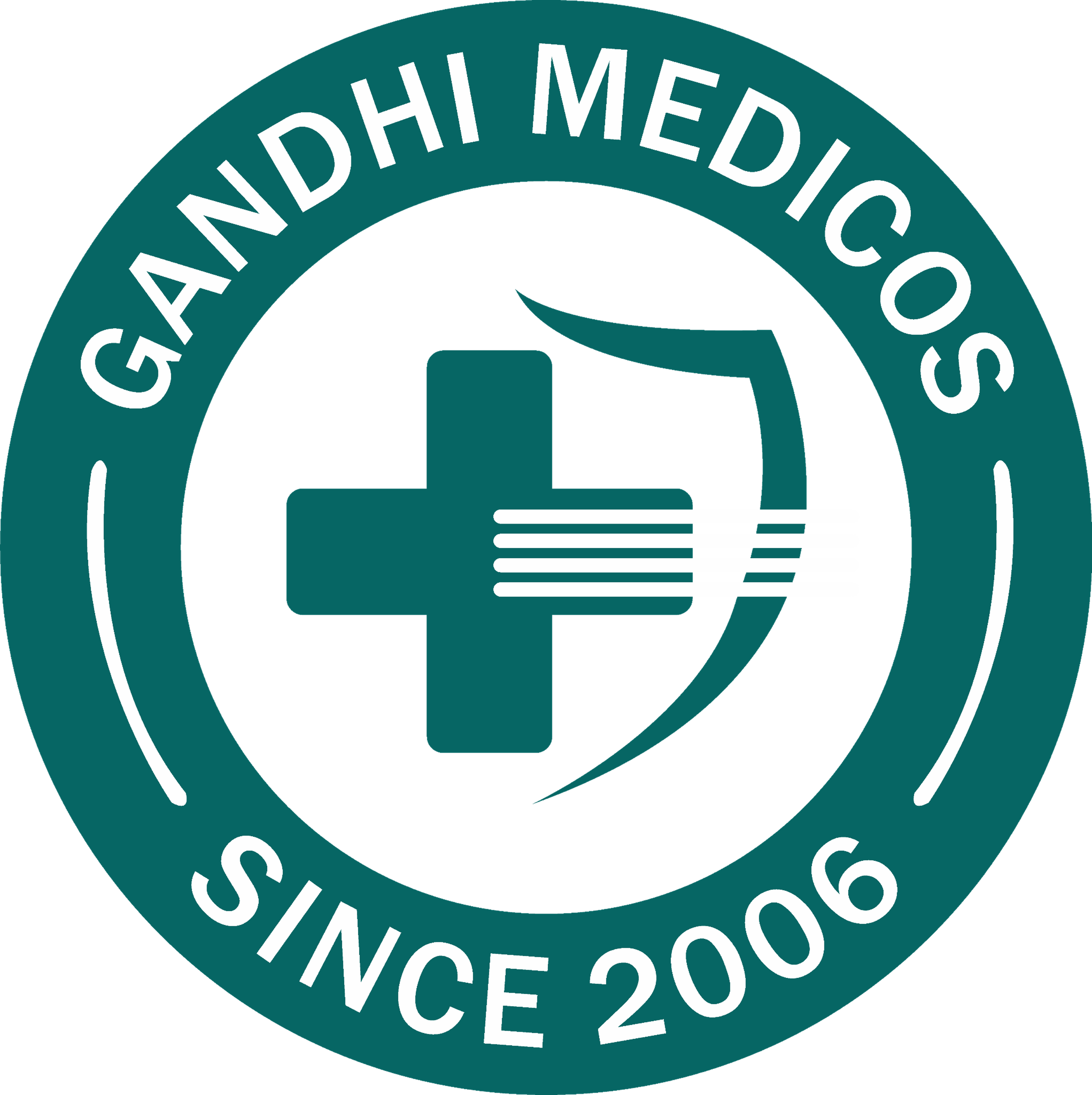Stages of HIV
Introduction
An immune system-weakening virus, HIV, attacks the cells of a person’s immune system. HIV is an abbreviation for Human Immunodeficiency Virus. The virus gradually attacks the CD4 cells of the immune system. CD4 cells are also called white blood cells (WBC). Those WBC play a key role in protecting the body against any disease or pathogens, or infections. CD4 cells, as a part of the immune system, are an indication of the immunity of one’s body.
HIV attacks a person’s immune system, and the spread of infection can be determined by the strength of the immune system or the count of CD4 cells. There are three stages of infection:
- First Stage: The first stage is called acute HIV infection. At this stage, the infected person slowly shows the common symptoms of HIV, for example, headache, fatigue, rashes, sore throat, etc. You cannot be sure of an infection if you are in the first stage. The symptoms at the first stage are generally compared to flu. Regular medication and a healthy diet can help the person fight the virus and avoid further aggravation of the infection.
- Second Stage: This period is the asymptomatic stage or chronic stage called clinical latency. At this stage, HIV starts to attack and kill the CD4 cells of the immune system. A simple blood test shows the number of CD4 cells that define the strength of your immune system. You can pass the virus to other people through various mediums at this stage. Without proper treatment, the CD4 cells continuously decrease and weaken the immune system.
- Third Stage: This stage is called AIDS. AIDS is an abbreviation of Acquired Immunodeficiency Syndrome. The count of CD4 cells decreases to around 200, which is too small of an immune system to fight pathogens. At this stage, you can find obvious symptoms like fevers that last more than ten days, weight loss with no definite reason, yeast infections in your mouth, throat, vagina, etc. A person can stay alive for about three years, depending on other infections, without taking medication.
Viropil: Antiretroviral Medicine
Viropil tablets are a suggested medicine for treating HIV. It is a mixture of antiretroviral medicines that help boost the immune system that fights HIV. Viropil also contains the growth of HIV and reduces the risk of related infections. The tablet has a few side effects like fever, tiredness, rashes, and cough.




 :
:  +91 – 9999064250 | 9811604444 | 9811604424
+91 – 9999064250 | 9811604444 | 9811604424


